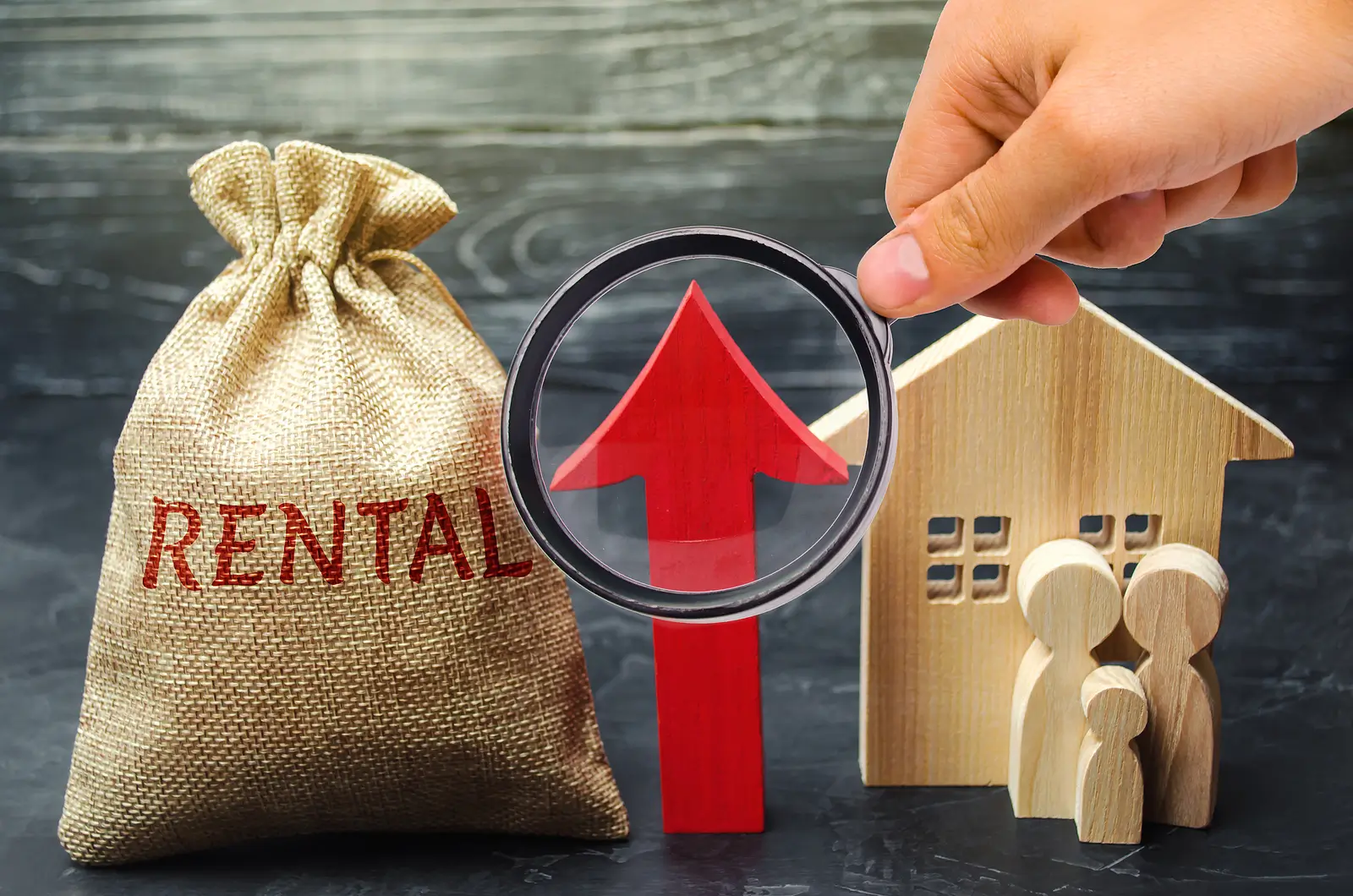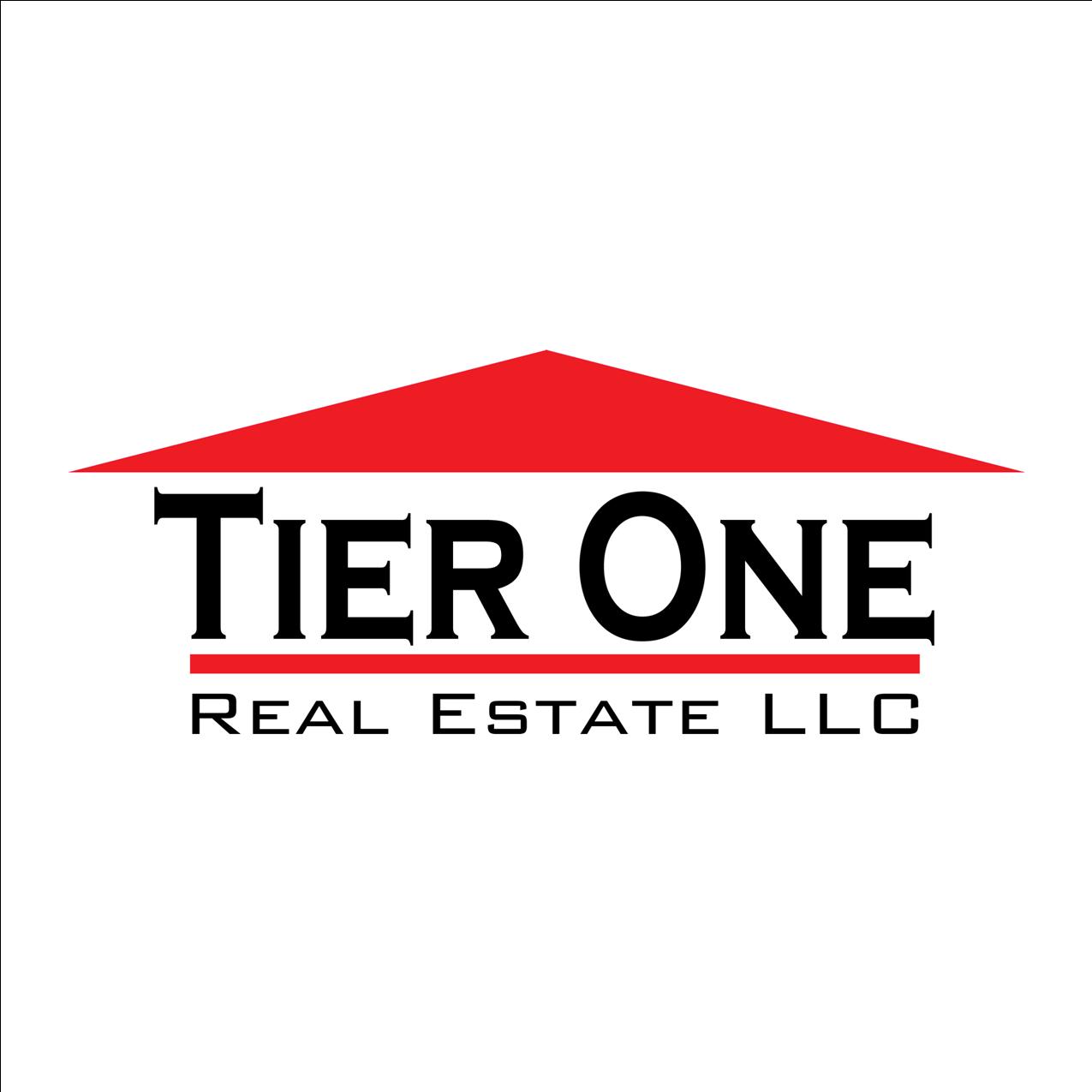Raising rent in Utah seems like a simple task if you want to improve your bottom line, right? But before you send that rent increase notice, it’s essential to understand the legal, financial, and relational implications.
In this guide, we’ll walk you through everything a Utah landlord needs to know—from state law and market analysis to best practices, so you make the move confidently and ethically.
Key Takeaways
- Know the law: Utah has specific regulations on notice periods and rent increase frequency.
- Study the market: Compare similar properties to justify your rent hike.
- Communicate effectively: Maintaining a clear and respectful dialogue helps foster strong tenant relationships.
Understanding Utah Law: What's Allowed, What's Not
In Utah, landlords can raise rent as often as they like, provided they give 30 days written notice before the next rent cycle. There's no statewide cap on how much you can increase rent. However, local municipalities might have their own rules. Always check with your local or county government before proceeding.
Don't forget: if you’re in a fixed-term lease, say, a 12-month lease, you cannot raise rent until the lease term ends, unless that possibility is explicitly written into the lease agreement.
Quick tips:
- Include rent-increase clauses in your lease agreements
- Mark calendars and ensure notices arrive at least 30 days before rent is due
- Double-check municipal ordinances for extra rules
Market Research: Justifying the Increase
Deciding how much to raise rent isn’t a shot-in-the-dark game. Do a deep dive into the local rental market. Compare similarly sized units in your neighborhood:
- Amenities (washer/dryer, parking, HVAC)
- Condition and age of the property
- Overall demand in the area
Raising rent without thorough research can backfire—resulting in high vacancy rates, pushback, or tenants breaking their lease.
However, if you can demonstrate that your unit is well-maintained and competitively priced, an increase becomes easier to justify and more palatable to tenants.
Timing: When’s the Best Time to Raise Rent?
Strategic timing can make or break your rent-increase plan. Here’s what to consider:
- End of lease term – Standard and least disruptive
- Seasonal demand cycles – High demand (spring/summer) means more flexibility
- Market shifts – If vacancy rates are low and rents are climbing, you’re in a strong position
Avoid mid-lease increases unless your lease permits it. Surprise hikes can damage your credibility and tenant relationships.
Communicate Clearly: How to Deliver the News
Your notice letter doesn’t have to be boring legalese. Here’s a simple template:
- A warm greeting
- Reason for increase (market alignment, improvements, inflation)
- New rent amount and effective date
- Reference the lease clause or state law
- Offer to answer tenant questions
By providing context, such as new upgrades or rising property costs, you demonstrate transparency. Tenants respond better when they understand the “why.” Always provide written notice and retain a copy for your records.
Benefits of Raising Rent (When Done Right)
- Boosted ROI – Steady rent hikes help offset inflation, taxes, and maintenance costs
- More capital for improvements – Better units command better rent
- Opportunity to re-evaluate tenants – Rent reviews can lead to longer-term, reliable residents
Done thoughtfully, raising rent doesn’t have to be a shake-up—it's an investment in your property’s long-term value.
Pitfalls & Challenges: What to Watch For
- Higher turnover – Too-big increases can drive tenants away
- Demand drop – Competitors priced lower = fewer inquiries
- Legal missteps – Late notices or illegal clauses can land you in court
- Bad blood – Unfair or unexplained increases hurt landlord-tenant trust
Mitigate these risks by conducting thorough market research, adhering to relevant laws, and fostering strong tenant relationships.
Best Practices: Smart Strategies for Rent Increases
- Benchmark your rent – Use sites like Zillow or Rentometer to gauge the market rate
- Limit increase size – A 3–5 percent hike is typically easier to absorb than 10–15 percent
- Bundle with improvements – New flooring, appliances, or fresh paint? Use that as justification
- Offer flexible renewals – Shorter lease terms at lower increase rates could attract tenants
- Collect feedback – Ask tenants what they value—then invest—and use it in for your notice
Special Situations: When Things Are Different
- Section 8 or government-assisted tenants: You may need approval from housing authorities for any rent increase
- Commercial properties: Lease terms and regulations differ, check your commercial lease agreement carefully
- Multi-family complexes: Uniformity matters. Inconsistencies in rent increases across units can cause confusion or complaints
When You’re Ready to Raise Rent: What to Do Next
- Study your lease – Ensure you have a legal footing
- Do your homework – Know what similar units are renting for
- Prepare a clear, legally compliant notice
- Consider tenant communication – Offer tours of improvements or renewal incentives
- Send notice on time and follow up to confirm receipt.
Expert Guidance That Makes Raising Rent Easier
Raising rent in Utah doesn't have to be a stressful or complicated process. When done right—with legal compliance, market insight, and empathy, you can increase income while maintaining good relationships.
At TierOne, we’ve helped landlords navigate these decisions every day—analyzing rent comparisons, drafting professional notices, and communicating effectively with tenants. If you're ready to explore next steps or want help maximizing your property’s earning potential, we’re here to help.
Take action now:
Explore our Services to learn about our full landlord support packages.
Have questions or want tailored advice? Reach out via our Contact Us page today!
Frequently Asked Questions (FAQs)
Q1: Can I raise rent during a fixed-term lease in Utah?
A: No, not unless your lease clearly states that a rent increase can occur mid-term. Without that clause, you must wait until the lease expires.
Q2: Do I need to give 30 days' notice for any rent increase?
A: Yes. Utah law requires landlords to give at least 30 days written notice for any increase before the next rent cycle.
Q3: Are there limits on how much I can raise rent?
A: Statewide, no. But local cities or counties may impose caps or frequency limits. Always check local ordinances.
Q4: My tenant pays Section 8—can I still raise rent?
A: Only if the housing authority approves. You must submit justification and go through their review process before implementing the increase.
Q5: What if a tenant refuses to pay the increased rent?
A: If they remain in the unit after the effective date and refuse to pay, it’s considered non-payment, and you can begin eviction proceedings. However, we first recommend mediation or an open conversation—transparency often resolves these issues.



